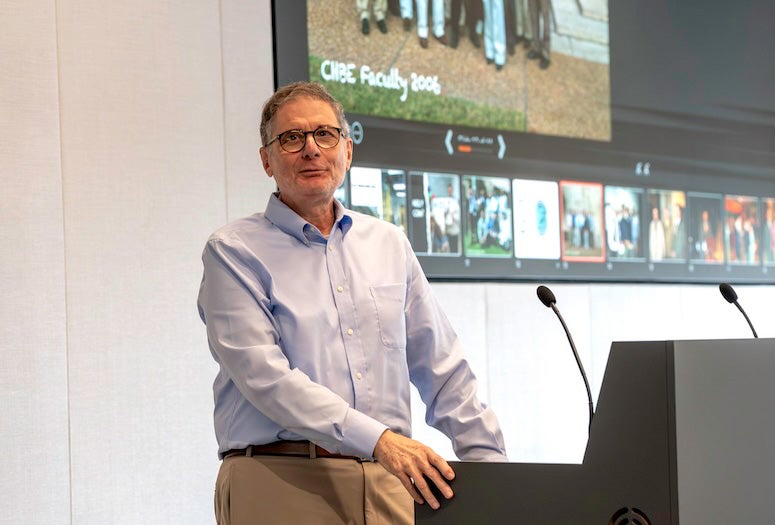By Patrick Kurp
Special to Rice News
Now that Kyriacos Zygourakis, the A.J. Hartsook Professor of Chemical and Biomolecular Engineering at Rice University, is about to retire, he can get to work.
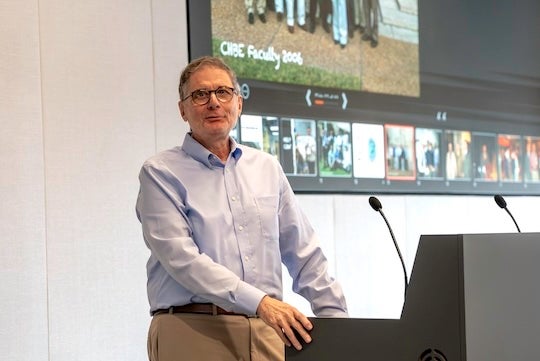
“I want to revisit several problems I touched upon during my academic career that for various reasons I had to put on the back burner, mostly theoretical problems,” said Zygourakis, who will retire from Rice after 44 years, effective July 1. “My educational background in applied math and computational engineering is ideal for working on such problems on my own, at least initially.”
He said he also wants to finish the textbook on chemical reaction engineering he started writing several years ago and to continue his research into such environmental challenges as sustainability, the agricultural applications of biochar and the remediation of contaminated soils.
“To continue my research, all I need is a good computer,” he said. “Over the years I’ve sharpened my computational and programming skills. My initial explorations may lead to new research adventures or discoveries and collaborations.”
Michael Wong, the Tina and Sunit Patel Professor in Molecular Nanotechnology and chair of the Chemical and Biomolecular Engineering department said of his retiring colleague:
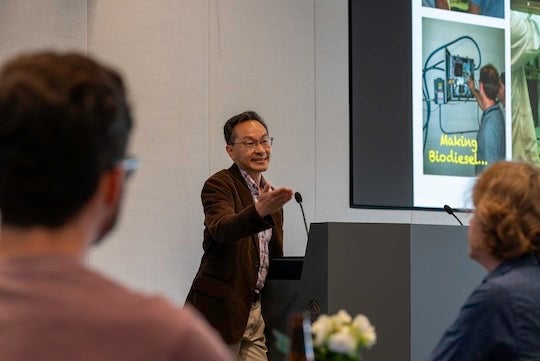
“Ever since he hired me straight out of graduate school, I've had the privilege of working alongside KZ as a collaborator, author, adviser and teacher. His dedication to his craft and his students inspires me to be my best self. KZ has set us up for continued success, helping the university play a leadership role, especially in the energy-transition era we live in now.”
Zygourakis, 71, was born in Trikala, Greece, the son of a teacher and school administrator. He earned his B.S. in chemical engineering from National Technical University in Athens in 1975, his Ph.D. in the same field with a minor in mathematics from the University of Minnesota in 1980, and he joined the Rice faculty that same year.
“My undergraduate education was mostly empirical, nuts-and-bolts engineering courses,” he said. “I was fortunate to join a graduate program that emphasized the theoretical aspects of chemical engineering. I was educated to know how the core principles of physics, chemistry and biology shape the phenomena we study as engineers, and how mathematics and computer simulations help us better understand them.”
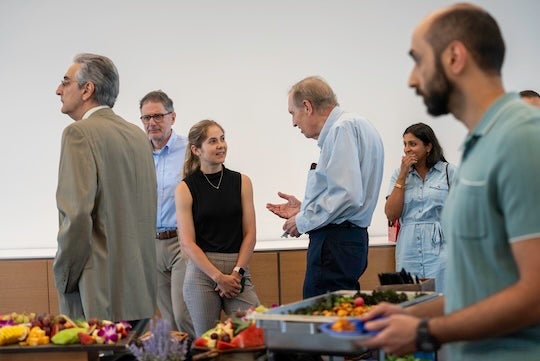
Zygourakis said he chose to do his doctoral work at Minnesota because Neal Amundson and Rutherford Aris, pioneers in the application of advanced mathematics to chemical engineering, were on the faculty.
“My graduate education instilled in me the belief that academic research should be a continuous, self-improving cycle between theory and experiment,” he said. “Theory tells you what experiments to perform. The first experimental results help you fine-tune the theory, which tells you how to conduct better, more conclusive experiments. And the cycle repeats.”
At Rice, Zygourakis became a full professor of chemical and biomolecular engineering (ChBE) in 1991 and served as department chair from 1998-2013. He was one of the five initial faculty members forming the Department of Bioengineering when it spun off from chemical engineering in 1996.
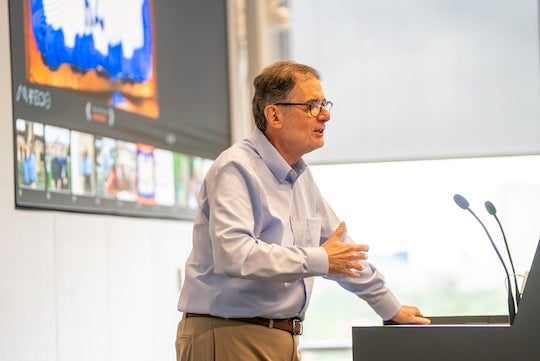
Much of Zygourakis’ current research focuses on development of a thermal process for pyrolytic remediation of soils contaminated with polyaromatic hydrocarbons (PAHs), petroleum crudes and other organic contaminants. The new process reduces hydrocarbon and PAH levels below regulatory standards and restores the fertility of treated soils to almost their original level.
The work is supported by a grant from the Superfund Research Program of the National Institute of Environmental Health Sciences. His research has also been funded by the National Science Foundation, the U.S. Departments of Energy and Defense, National Institutes of Health, NASA and the energy industry.
Zygourakis served on the Texas Council on Environmental Technology and in 2020 received the ChBE Professional Excellence Award.
“What I learned in graduate school is a philosophy that guided my move into research areas that are seemingly different,” he said. “For instance, tissue engineering. Many researchers view it as a subfield of biological research. I approach it as a discipline at the interface of biology and engineering science.
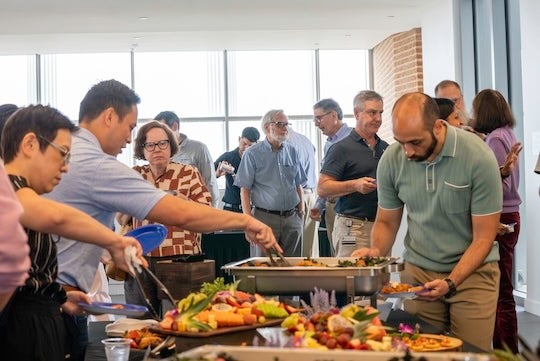
“Some theoretical calculations made me realize that mass transfer and competition between diffusion and reaction, two classical chemical engineering processes, can influence the growth and structure of engineered tissues. Over the next several years, I confirmed this hypothesis using experiments combined with mathematical modeling and computations.”
In 2012, Zygourakis was elected a fellow of the American Institute of Biological and Medical Engineers for his “seminal contributions and visionary leadership in the application of engineering principles toward the elucidation of cell and tissue dynamics.”

